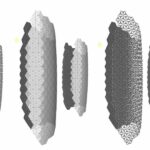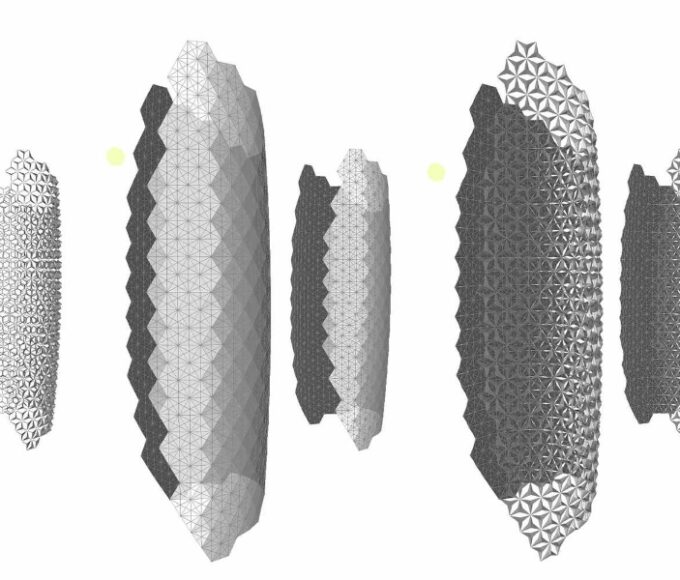The scNET (single-cell Network-based Epidermal Transcriptomics) system utilizes Artificial Intelligence (AI) technology combined with data analysis from single-cell genomics to help researchers gain an in-depth understanding of cell behavior in the tumor microenvironment at the cellular level. The system monitors the evolution of tumor cells in real time, especially the changes in cells under different treatment conditions, enabling scientists to more accurately predict the response mechanisms of tumor cells.
By dynamically monitoring the gene expression of each cell, the scNET system can reveal cellular interactions in complex biological environments, including cell proliferation, migration, apoptosis, and other behaviors. The advantage of the system is that it does not rely on traditional tissue samples, but directly analyzes changes in living cells, providing researchers with more detailed and personalized biological data.
Prospects for the Application of this Technology
The introduction of the scNET system has provided unprecedented opportunities for the precision treatment of tumors and other diseases. The treatment of tumors faces a major challenge – the heterogeneity of tumor cells. Different cell populations in a tumor may exhibit different behavioral responses, making it difficult to achieve the desired results with traditional treatments. By using the scNET system, researchers can gain insights into the response mechanisms of these heterogeneous cell populations, leading to the development of more effective and personalized treatment plans.
In addition to tumor research, the scNET system also has important applications in the study of other complex diseases. For example, it can be used to analyze cell behavior in immune response, neurodegenerative diseases, etc., providing valuable data support for research in these areas.
The New Role of Artificial Intelligence in Biomedicine
As artificial intelligence technology continues to advance, its application in biomedical research is becoming more and more important. By processing and analyzing massive amounts of biological data, AI can not only improve scientific research efficiency but also help scientists discover potential disease mechanisms and therapeutic targets. In the research of Tel Aviv University in Israel, AI not only accelerates the process of monitoring cell behavior but also improves the accuracy of data analysis, bringing revolutionary breakthroughs in disease research.
The intervention of AI also opens up new prospects for precision medicine. Precision medicine aims to tailor the treatment plan for each patient based on factors such as genes, environment, and lifestyle. The scNET system is an important step in this direction, providing more detailed biological data to support personalized treatment.

Future outlook
Although the scNET system shows great potential for oncology and complex disease research, it still faces many challenges. First, how to apply the system’s technology to more disease studies is a challenge to overcome. Second, how to process and analyze more complex biological data to further improve the accuracy and usefulness of the system is also a key to future development.
However, the successful development of the scNET system undoubtedly provides scientists with a brand new tool that will help the medical community to understand the biological mechanisms of diseases more deeply, opening up a broader prospect for precision medicine and disease treatment.
Conclusion
The scNET system developed by Tel Aviv University in Israel has become an important breakthrough in the study of tumors and other diseases, thanks to its powerful AI-based analysis capabilities. With the continuous improvement of this technology, it is expected to be applied in more fields in the future, promoting the progress of precision medicine and personalized treatment, and making greater contributions to the cause of global disease prevention and treatment.












